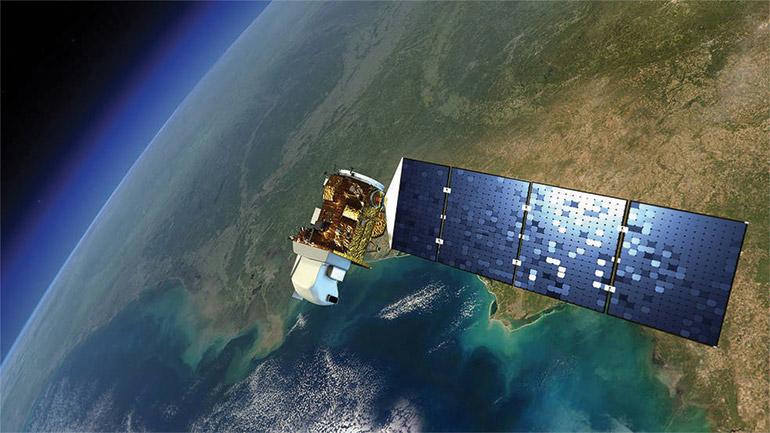
Variable rate irrigation (VRI) provides the most specific data available to help farmers determine the amount and timing of water application for crops. VRI methods may improve irrigation water productivity, reduce pumping, save energy and reduce deep percolation of water below the root zone which reduces nitrate leaching.
Producers use the data collected by soil-moisture monitoring sensors to base irrigation schedules on actual field conditions. This creates more accurate and precise VRI prescriptions, which can be updated weekly throughout a growing season.
The Improving VRI project is in its third year. DWFI’s director of research, along with several Faculty Fellows and graduate students from UNL Biological Systems Engineering, are working with satellite and unmanned aerial system remote sensing informed models to develop simple, automated, clearly beneficial systems, which have the greatest likelihood of adoption by farmers.

